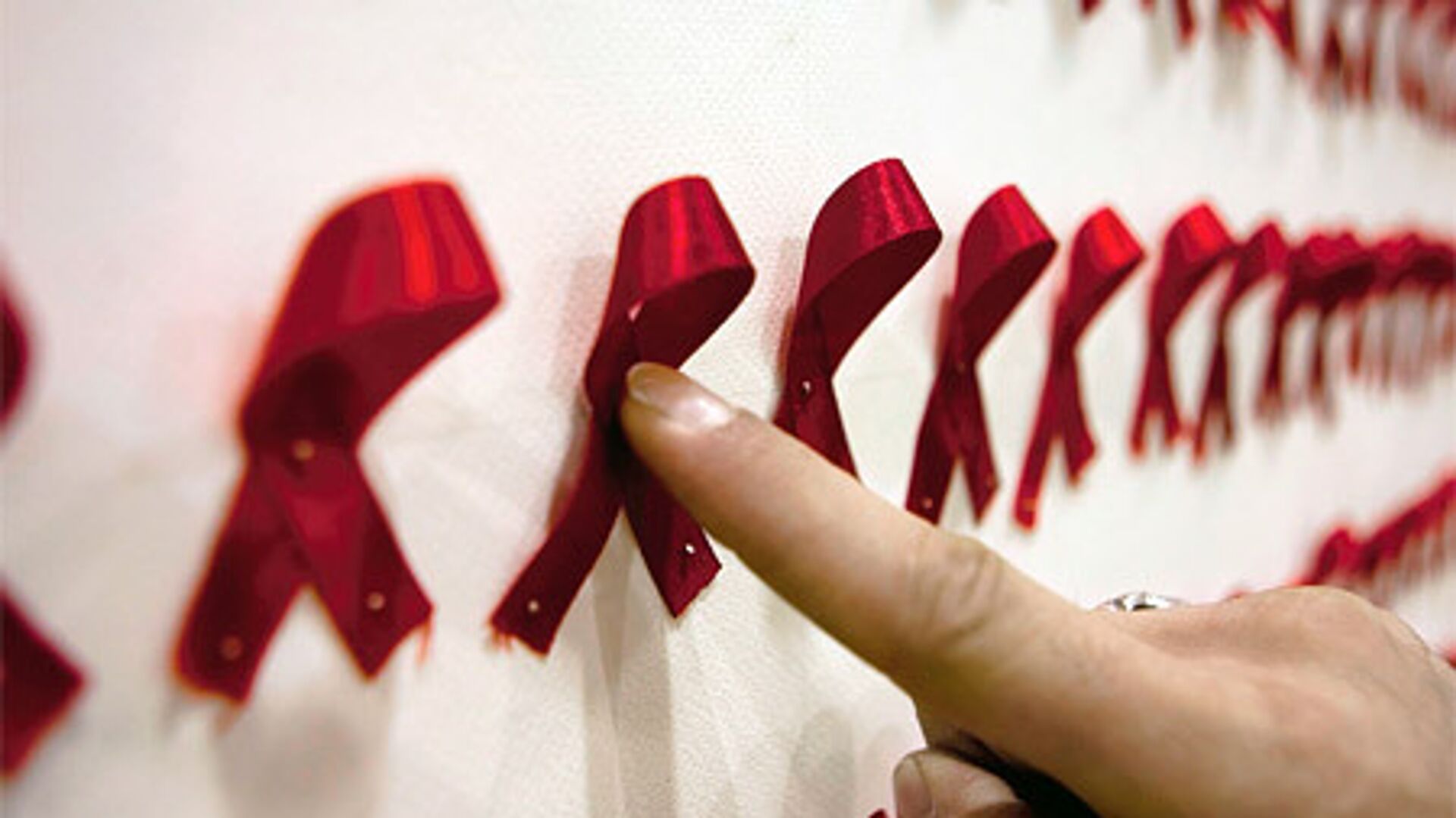FDA Approves Bimonthly HIV Prevention Shot More Effective Than Existing PrEP Medications

© http://www.liveinternet.ru/
Subscribe
The US Food and Drug Administration (FDA) federal regulatory agency has approved Apretude as the nation’s first injectable pre-exposure prophylaxis (PrEP), a medication that prevents infection from Human Immunodeficiency Virus (HIV).
“Today’s approval adds an important tool in the effort to end the HIV epidemic by providing the first option to prevent HIV that does not involve taking a daily pill,” Dr. Debra Birnkrant, director of the Division of Antivirals in the FDA’s Center for Drug Evaluation and Research, said in a Tuesday news release.
“This injection, given every two months, will be critical to addressing the HIV epidemic in the US, including helping high-risk individuals and certain groups where adherence to daily medication has been a major challenge or not a realistic option,” she added.
Apretude is available for at-risk adults and adolescents who weigh at least 77 pounds and have tested negative for HIV immediately before beginning treatment.
The drug requires two initiation treatments administered one month apart before patients can move to the every-other-month regimen. It is an extended-release injectable suspension of cabotegravir, which under the brand name Cabenuva was approved by the FDA as a PrEP treatment in January. However, Cabenuva has to be administered every month.
According to a separate release by British pharmaceutical giant GlaxoSmithKline (GSK), two trials held in 13 countries found Apretude was more effective at preventing HIV infection than the existing PrEP medication Truvada.
One study, which included more than 4,500 cisgender men and transgender women who have sex with men, found they were 69% less likely to get HIV than those who took Truvada. Another, involving 3,200 cisgender women at risk of getting HIV, found they had a 90% smaller chance of getting HIV than those on Truvada.
If left untreated, HIV can develop into Acquired Immunodeficiency Syndrome (AIDS), a disease that undermines the body’s immune system, enabling typically non-threatening illnesses to become deadly.
Apretude is made by ViiV Healthcare, a joint venture between GSK and Pfizer, with GSK owning a majority stake in the company. GSK, in turn, was formed in 2000 by SmithKline’s merger with Glaxo Wellcome, itself the product of a merger between Glaxo and Burroughs Wellcome a few years earlier.
In 1989, Burroughs Wellcome aroused fury in the LGBTQ community by arbitrarily hiking the price on Retrovir, an antiretroviral medication better known as AZT that at the time was the only available treatment for AIDS, up to $10,000 per year, making it at the time the most expensive drug ever sold. Protests by the activist group AIDS Coalition to Unleash Power (ACT UP) at the corporation’s offices and the New York Stock Exchange brought global attention to the issue and pressured Burroughs Wellcome to modestly cut its price to $6,500 per year.
At the time, the New York Times reported the company was making up to $100 million in profit each year on sale of the drug.
The issue of outlandishly high pricing for HIV/AIDS treatments has continued, however, and the highly effective protease inhibitor drugs developed in the mid-1990s still cost $10,000 to $15,000 per year in 2000. Similarly, after the FDA approved the first PrEP drug, Gilead’s Truvada, in 2012, the company’s monopoly allowed them to rake in $2,000 per month from patients, or $24,000 per year.
The US Department of Health and Human Services (HHS) won a lawsuit against Gilead last year, arguing the US Centers for Disease Control and Prevention (CDC) holds the patent for Truvada and a related PrEP drug, Descovy, since they were developed from publicly-funded HIV research.
According to the FDA, just 25% of the 1.2 million Americans for whom PrEP is recommended had actually been prescribed it - a deficit credited largely to the drug’s incredible cost.
By contrast, Cuba began giving at-risk LGBTQ Cubans PrEP treatments free of charge in 2019.
Access to HIV drugs is even more difficult in Africa, where two-thirds of people living with HIV are, thanks to the World Trade Organization’s Trade-Related Aspects of Intellectual Property (TRIPS) rules that bar production of cheaper, generic versions of drugs in the Third World.
According to the World Health Organization’s report on World AIDS Day on December 1, some 1.5 million people were newly infected with HIV in 2020 and 680,000 people died from HIV-related causes. Worldwide, 37.7 million people are living with HIV, 73% of whom are receiving lifelong antiretroviral therapy.
The Joint United Nations Program on HIV and AIDS (UNAIDS) has set a goal for 2030 known as “95-95-95”: 95% of people with HIV know their status; 95% of people with HIV are receiving treatment; and 95% of people receiving treatment are achieving viral suppression using PrEP.


